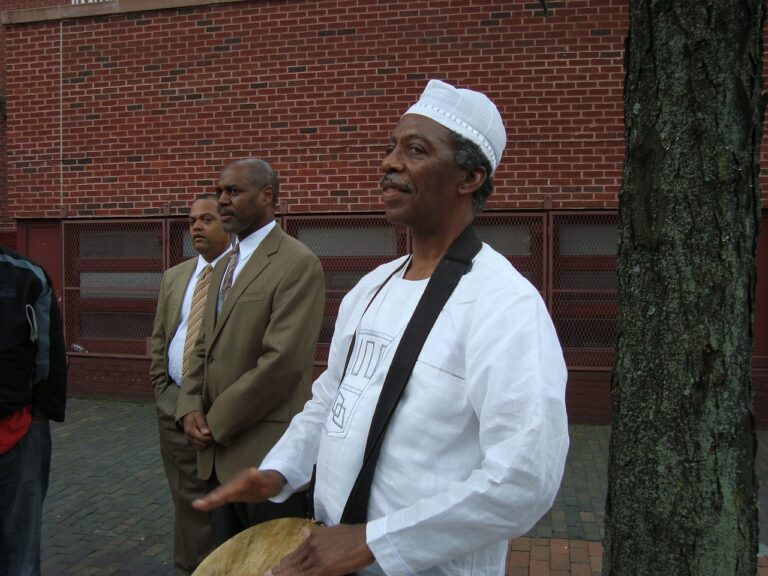Exploring the Art of Writing Avant-Garde Theater: Pushing Artistic Boundaries: Allpaanel mahadev book, Lotus book 365 registration, Laserbook 247
allpaanel mahadev book, lotus book 365 registration, laserbook 247: Exploring the Art of Writing Avant-Garde Theater: Pushing Artistic Boundaries
Have you ever sat through a traditional play and wished for something more? Something that challenges the norm and pushes the boundaries of what is considered theater? If so, avant-garde theater may be exactly what you’re looking for.
Avant-garde theater is a unique and innovative form of performance art that pushes artistic boundaries, challenges traditional storytelling techniques, and often leaves audiences questioning their assumptions about what theater can be. It’s a bold, daring, and sometimes controversial genre that is not afraid to take risks and experiment with new ideas.
So, how do you go about writing avant-garde theater? Here are some tips to help you get started:
1. Embrace the unconventional
One of the hallmarks of avant-garde theater is its rejection of traditional storytelling techniques and its embrace of the unconventional. This means letting go of linear narratives, well-defined characters, and predictable plots. Instead, focus on creating a more immersive and experiential theatrical experience that challenges and engages the audience in new and unexpected ways.
2. Experiment with form
Avant-garde theater is all about pushing the boundaries of what is considered theater. Experiment with different forms, structures, and styles to create a truly unique and innovative piece of work. Try incorporating multimedia elements, audience participation, non-linear storytelling, or even breaking the fourth wall to create a dynamic and memorable theatrical experience.
3. Tackle provocative themes
Avant-garde theater is often characterized by its exploration of provocative and controversial themes. Don’t be afraid to tackle taboo subjects, challenge societal norms, or delve into the darker aspects of the human experience. By addressing relevant and thought-provoking themes, you can create a powerful and impactful piece of avant-garde theater that resonates with audiences on a deeper level.
4. Collaborate with other artists
Collaboration is key in avant-garde theater. Work closely with other artists, such as directors, designers, and performers, to bring your vision to life. By collaborating with a diverse group of creatives, you can tap into a range of perspectives and talents that will help elevate your work and push it in new and exciting directions.
5. Trust your instincts
Above all, trust your instincts and don’t be afraid to take risks. Avant-garde theater is all about pushing boundaries and challenging the status quo, so don’t be afraid to break the rules and follow your creative vision wherever it may lead. Trust in your artistic instincts and have the courage to create something truly groundbreaking and innovative.
In conclusion, avant-garde theater is a dynamic and exciting genre that offers endless possibilities for creative expression. By embracing the unconventional, experimenting with form, tackling provocative themes, collaborating with other artists, and trusting your instincts, you can create a truly unique and innovative piece of avant-garde theater that pushes artistic boundaries and challenges audiences in new and unexpected ways.
FAQs
Q: What is avant-garde theater?
A: Avant-garde theater is a unique and innovative form of performance art that pushes artistic boundaries, challenges traditional storytelling techniques, and often leaves audiences questioning their assumptions about what theater can be.
Q: How can I get started writing avant-garde theater?
A: To get started writing avant-garde theater, embrace the unconventional, experiment with form, tackle provocative themes, collaborate with other artists, and trust your instincts to create a truly unique and innovative piece of work.
Q: What are some examples of avant-garde theater?
A: Some examples of avant-garde theater include works by playwrights such as Samuel Beckett, Bertolt Brecht, and Sarah Kane, as well as experimental theater companies like The Living Theatre and The Wooster Group.







